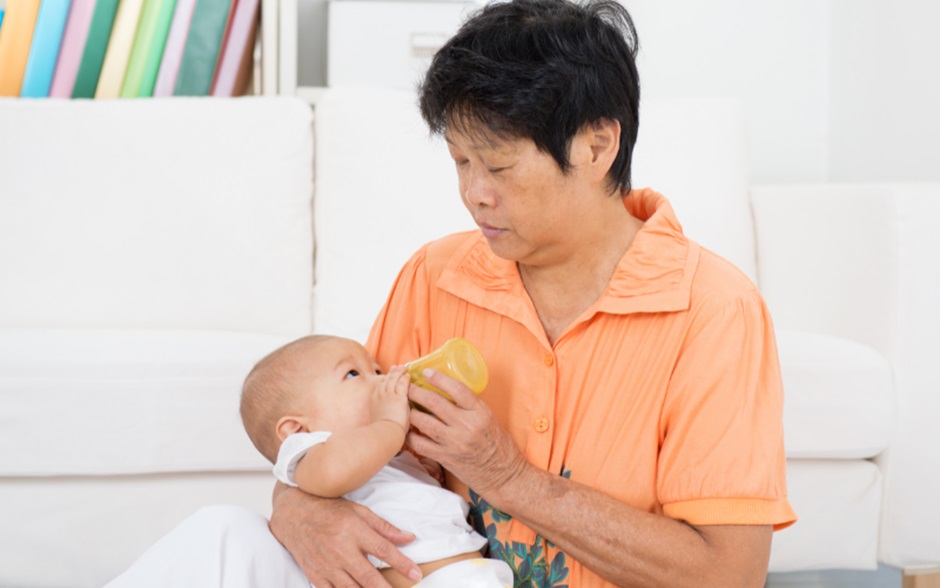What Is The Difference Between a Stay-In Nanny vs. Confinement Nanny? Which is For You?
Parents are given various options for childcare in Singapore, especially during the critical stages of postpartum recovery and early childcare. Two of the most popular services are stay-in nanny services and confinement nanny services. Each service has its specific roles and caters to different needs. Determining the differences between these services will aid in making decisions for childcare. Here’s a breakdown of what distinguishes a stay-in nanny from a confinement nanny and which one might be the best fit for your situation.
Role and Responsibilities
A stay-in nanny typically provides long-term care for children and general household assistance. Her role can involve tasks such as feeding, bathing, playing, and ensuring the overall well-being of the children. Stay-in nannies are usually employed to look after children of various ages, and they may also assist with cooking, cleaning, and other household duties. They live with the family, become a consistent presence in the household, and usually work on a contract basis.
In contrast, a confinement service in Singapore is specifically hired for postpartum care. She looks after the mother and newborn the first month or two after birth. Confinement nannies focus on traditional postpartum practices that aid the mother’s recovery, including preparing special confinement meals, assisting with breastfeeding, and attending to the newborn’s early needs, such as feeding and bathing. The role of a confinement nanny is temporary, usually lasting about 28 to 40 days, and her primary responsibility is ensuring that both the mother and baby are well cared for during this critical period.
Specialised Care
A stay-in nanny offers general childcare and household support but does not necessarily provide specialised care. While they may be experienced in caring for children of various ages, their role is broad, and they may lack the in-depth training required for newborn care or postnatal support.
In contrast, a confinement nanny brings specialised knowledge and experience in postpartum care and newborn handling. Confinement nannies are trained in traditional practices, such as preparing healing meals and herbs, promoting breastfeeding, and aiding in the mother’s physical recovery. They are also skilled in handling newborns by feeding, bathing, and managing sleep routines.
Improve Your Experience:The Checklist You Need For Your Confinement Period

Lifestyle Impact
Hiring a stay-in nanny can have a more lasting impact on the family’s lifestyle. Since she lives in the household for an extended period, a stay-in nanny becomes a part of the family’s day-to-day life, helping to maintain routines and providing long-term stability in childcare. However, it may also mean less privacy, as the nanny is present throughout the day and night.
A confinement nanny, being a temporary fixture, has a minimal impact on the family’s lifestyle once her duties are completed. Her primary focus is on postpartum care, and she leaves once the mother and newborn have settled into a routine. The temporary nature of the service ensures that her presence does not disrupt the family for an extended period.
Duration of Employment
The stay-in nanny is typically a long-term solution, with contracts lasting several months or even years. Families who require ongoing childcare and help with household management often turn to stay-in nanny services in Singapore. Since they live with the family, stay-in nannies are available around the clock to manage childcare and household duties.
On the other hand, confinement nannies are short-term hires. They are typically employed for a fixed period, usually one month, following the birth of a baby. Their services are geared towards helping the mother during the recovery period and ensuring the newborn’s care during the initial weeks of life. Once the confinement period is over, the nanny’s duties are completed, and the family resumes routines.
Cost Considerations
While stay-in nannies generally require a long-term financial commitment, they provide ongoing support, which can be valuable for families who need continuous help with childcare and household tasks. The salary for stay-in nannies may vary depending on the scope of work and the nanny’s experience.
Confinement nannies are a more short-term expense, but due to their specialised skills and experience, their services can be costlier. However, their role is crucial for the first few weeks after childbirth, especially when expert postpartum care is needed.
Choosing between a stay-in nanny and a confinement nanny depends on your family’s needs. If you are looking for long-term childcare and household support, a stay-in nanny may be the right option. However, if you need specialised postpartum care and newborn assistance, a confinement nanny is ideal. Both services offer valuable support, but understanding their differences is key to making the right choice for your family.
For more information about confinement nanny services in Singapore, contact Super Nanny Services today.

















